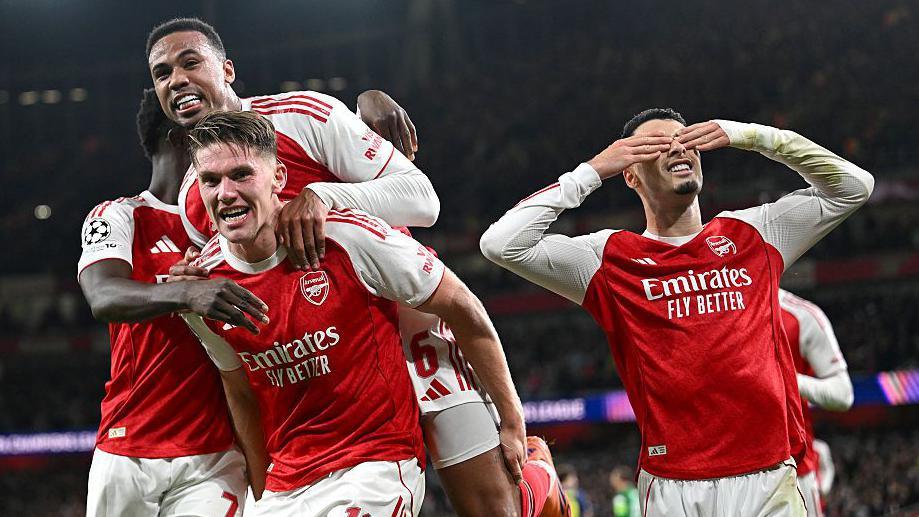Arsenal’s dominance from set-pieces this season is no accident—it’s the result of Mikel Arteta’s decade-long plan finally coming to fruition. The Gunners have already scored 10 goals from set plays in the Premier League, the fastest any team has reached double figures in that category in the competition’s history.
Arteta’s journey toward this tactical evolution began nearly ten years ago, during the final stages of his playing career at Arsenal and later while coaching under Pep Guardiola at Manchester City. It was during this period that Arteta began to understand the immense value of set-pieces in modern football.
“I started to have a vision and tried to implement a method, surrounding myself with the best people to deliver it,” Arteta explained in a recent interview. Observing Guardiola’s meticulous approach to tactical detail inspired him to explore new ways of improving efficiency in key game situations.
The turning point came when Arteta met Nicolas Jover while completing his coaching badges. Jover, who would later serve as Brentford’s set-piece coach, joined Arsenal in 2021 and has since been instrumental in refining the team’s dead-ball routines. His analytical approach and attention to detail have transformed Arsenal into a formidable force during corners and free-kicks.
“You could see the impact straight away,” Arteta said. “We’ve created a culture that values set-pieces as a crucial part of the game. Football is always evolving, and we must keep finding ways to maximize those moments that happen often.”
Arsenal’s defensive organization has also been exceptional this season. With only three goals conceded in the league and three consecutive Champions League clean sheets, their backline is operating at historic levels. The current defensive record stands as the best start in the club’s 138-year history.
Arteta’s focus remains clear—sustain excellence and turn records into trophies. “We want these kinds of records because they bring us closer to silverware,” he said. “It’s a great start, but we must stay consistent. We can still get better.”

